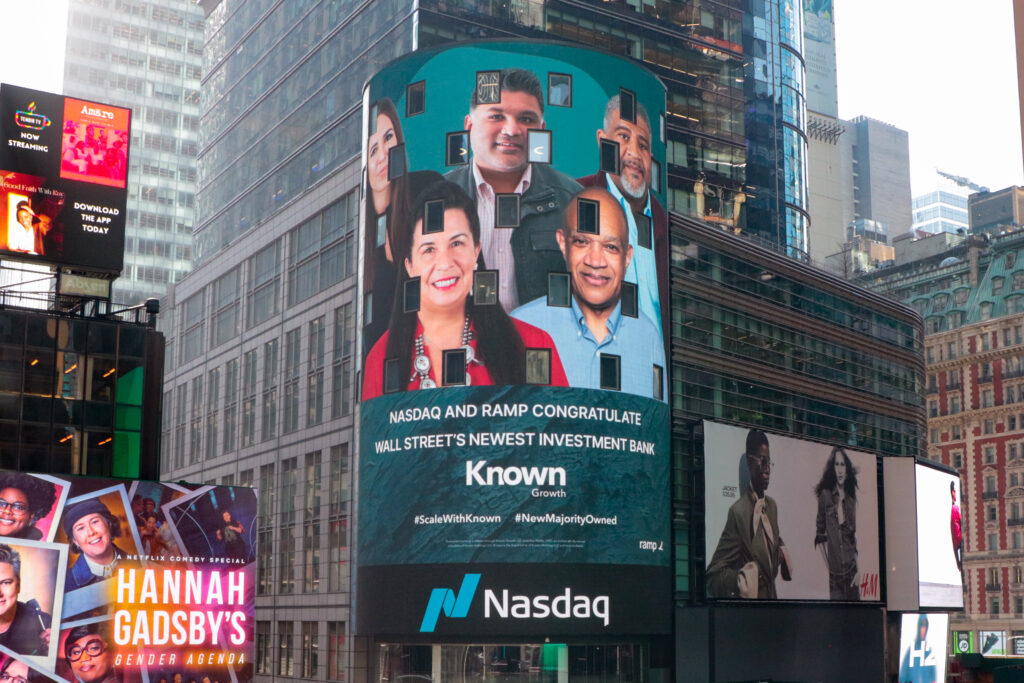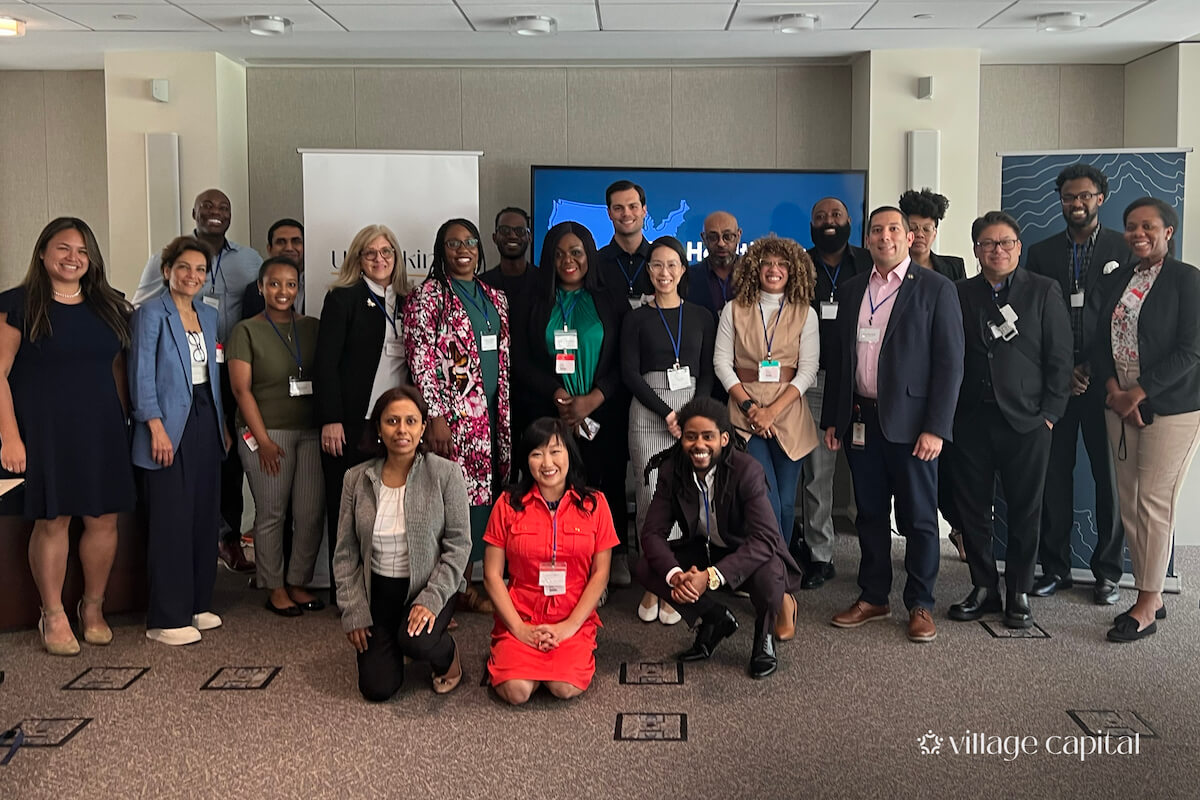The US economy is generating more jobs than there are workers to fill them. To address shortages and compete for talent, companies like Walmart, Apple and JPMorgan Chase are proactively recruiting, training and hiring more of the 70 million formerly incarcerated workers, who have faced rampant discrimination in the job market.
A new ‘decarceration index’ from FreeCap Financial helps investors identify companies with industry-leading fair chance hiring practices. Companies “able to hire people with arrest records are going to be in a better position to compete in the labor markets in the future,” says Tanay Tatum-Edwards of FreeCap Financial, a data provider that helps quantify the prison industrial complex for investors.
Fair chance
Walmart has developed programs to reduce discrimination in hiring and intentionally recruits formerly incarcerated workers. Apple and Alphabet begin recruitment in prisons with coding training programs. JPMorgan has set benchmarks to drive hiring of adults with arrest records.
Only 39% of companies in the S&P 500 are even willing to consider someone convicted of a felony. “There’s a whole workforce that they’re not even considering,” says Tatum-Edwards. “That’s why so many of these companies are starting to try to figure out how they can hire these workers.”
Indexing decarceration
The best way to reduce incarceration is to reduce recidivism, says Tatum-Edwards, whose brother has struggled in the job market after being convicted at 16 for grand theft auto.
To arrive at the top 50, FreeCap positively screened the 500 largest companies against best fair-chance hiring practices, such as active recruitment and bias reduction, and negatively screened for prison risk, including prison vending contracts.
The Free Index creates “a pathway for companies to be leaders in this space,” says Tatum-Edwards, and “incentivizes the companies themselves to be able to engage in these practices.”











